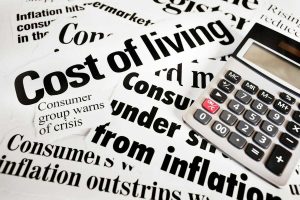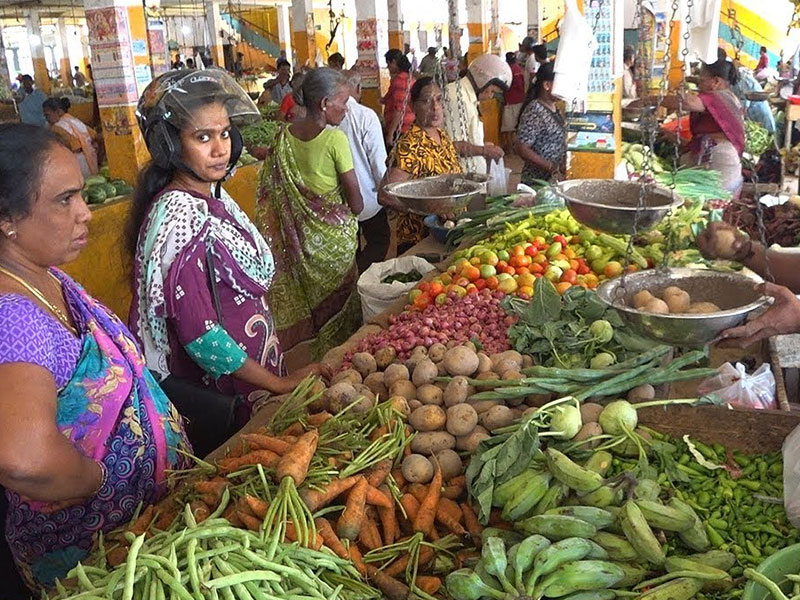Sri Lanka’s inflation rate continued its downward trend in January 2025, with national consumer prices slowing to 0.9% on a monthly basis, down from 1.1% in December 2024. However, on an annual scale, consumer prices fell by 4.0% in January, deepening the ongoing deflationary stretch for the fifth consecutive month.

A Worrying Trend of Deflation
The continuous decline in consumer prices, initially triggered by monthly fuel price reductions and multiple electricity tariff cuts, has raised concerns about weak consumer spending and slowing economic activity. The drop in inflation appears to be linked to lower demand following the year-end festive season, along with the impact of reduced electricity costs from the third week of January.
January 2025 marked the fifth straight month of declining prices, extending a trend that began in September 2024. While lower prices provide temporary relief for consumers, the deeper 4.0% annual price decline—compared to a 2.0% drop in December—indicates a broader economic slowdown.
The Central Bank has repeatedly stated that deflation will persist through the first quarter of 2025 before inflation turns positive later in the year. According to its latest Monetary Policy Report, inflation is expected to surpass the bank’s 5.0% medium-term target between late 2025 and early 2026, peaking at around 7.0% in mid-2026.
Market Trends and Spending Patterns
Food prices in January rose by 1.0%, slowing from 2.6% in December, as key staples such as lime, big onions, chicken, eggs, and sugar saw price reductions. However, annual food inflation fell to -2.5% from -1.0% in December, while non-food inflation dropped even further to -5.2% from -2.9%.
These trends suggest that consumers are spending more cautiously, particularly after the festive season. The impact of reduced electricity tariffs in January also contributed to keeping price levels under control.
Despite the deflationary environment, Sri Lanka’s National Consumer Price Index (NCPI) for January 2025 increased slightly to 206.4, up 0.88% from December’s 204.6. This reflects an additional consumer expenditure of Rs. 913.08 in the national market basket.
Economic Implications of Prolonged Deflation
While lower prices may benefit consumers in the short term, continued deflation raises serious economic concerns. A prolonged period of falling prices could lead to reduced business revenues, slower investment, and weaker economic growth. When people and businesses delay spending in anticipation of even lower prices, economic activity may further contract.
With the Central Bank forecasting inflation recovery later in 2025, the government must balance economic stimulus measures with long-term fiscal responsibility. The coming months will be critical in determining whether Sri Lanka can steer its economy away from a deflationary spiral and towards stable growth.







